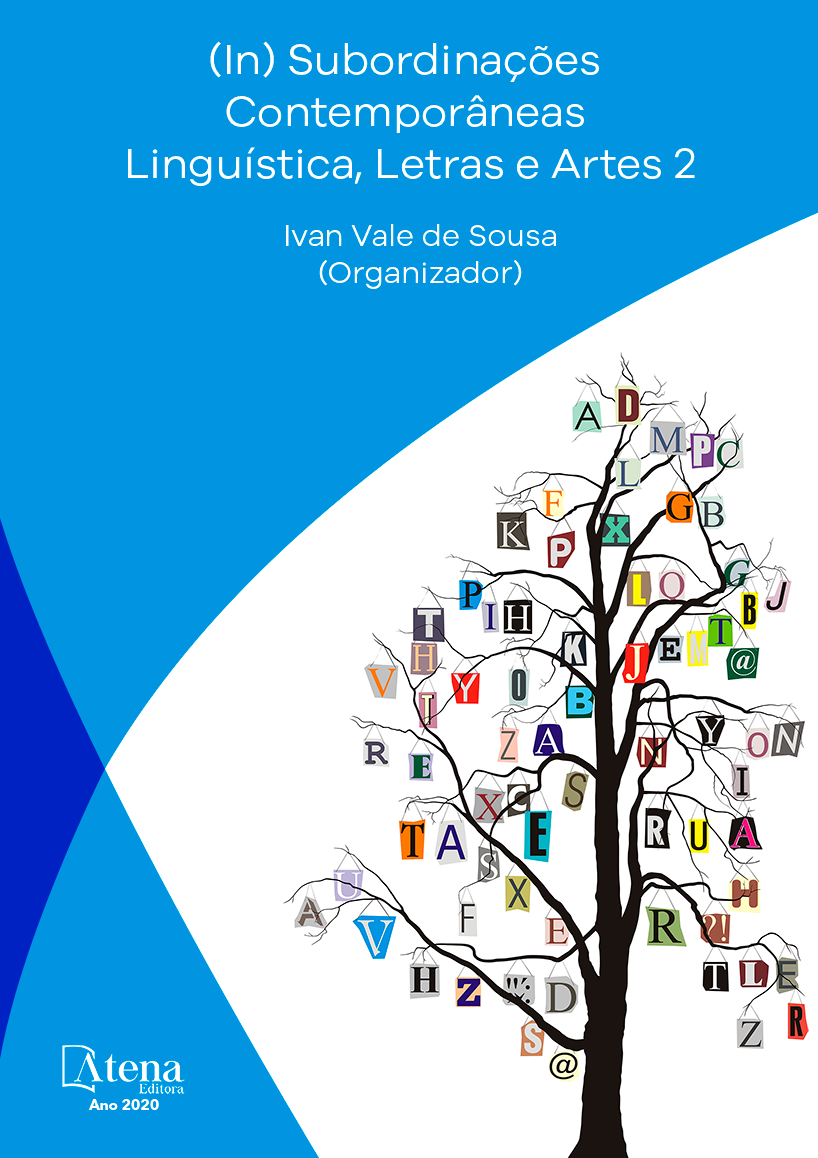
UM ESTUDO COMPARADO ENTRE AS OBRAS SIMÃO DIAS E O CORTIÇO, NAS PERSONAGENS LUISA, DO CARMO E POMBINHA
O presente artigo tem como meta
abordar questões do romance Simão Dias
(2015), de Alina Paim e O Cortiço (2014)
de Aluísio de Azevedo, trazendo traços
representativos sobre a mulher dentro da obra
e que podem ser notados no contexto social
atual, tendo como principal pauta o papel das
personagens Luísa, Pombinha e do Carmo e
sua representação feminina dentro dos dois
romances, são personagens de obras e épocas
diferentes, mas que trazem semelhanças que
marcam a trajetória da representatividade
feminina nos dois romances, em um primeiro
momento há um sofrimento entre ambas, para
depois se tornarem mulheres independentes,
que lutam e vão em busca daquilo que
desejam. Além disso, abordar o conceito e a
importância da Literatura comparada, trazendo
como teóricos Sandra Nitrini (2010) e Tânia
Franco Carvalhal (2001) que abordam a teoria
e conceito da Literatura Comparada no mundo
e no Brasil.
UM ESTUDO COMPARADO ENTRE AS OBRAS SIMÃO DIAS E O CORTIÇO, NAS PERSONAGENS LUISA, DO CARMO E POMBINHA
-
DOI: 10.22533/at.ed.18820280214
-
Palavras-chave: O Cortiço. Representação feminina. Simão Dias.
-
Keywords: O Cortiço. Female representation. Simão Dias.
-
Abstract:
This article aims to address issues
of the book Simão Dias (2015), by Alina Paim
and O Cortiço (2014) by Aluísio de Azevedo,
bringing representative traits about women
within the work and which can be noticed in
the current social context. The main role of the
characters Luísa, Pombinha and Carmo and
their female representation within the two books
are characters from different works and eras,
but they bring similarities that mark the trajectory
of female representativeness in the two books.
a suffering between both, to later become
independent women, who fight and seek what
they want. In addition, address the concept and
importance of Comparative Literature, bringing
as theorists Sandra Nitrini (2010) and Tânia
Franco Carvalhal (2001) that address the theory
and concept of Comparative Literature in the
world and in Brazil.
-
Número de páginas: 12
- Rosa Gabriely Monteiro Fontes


